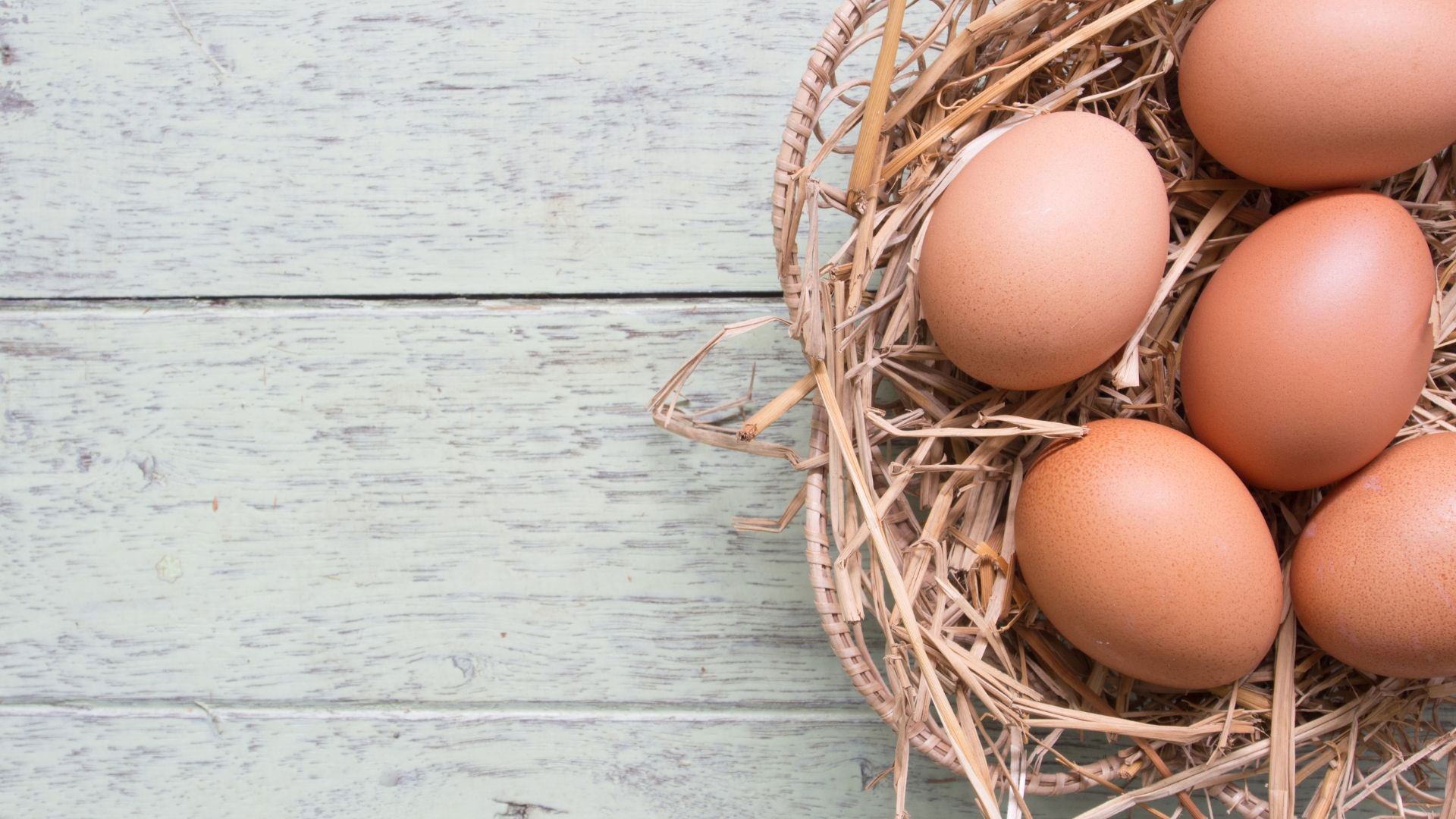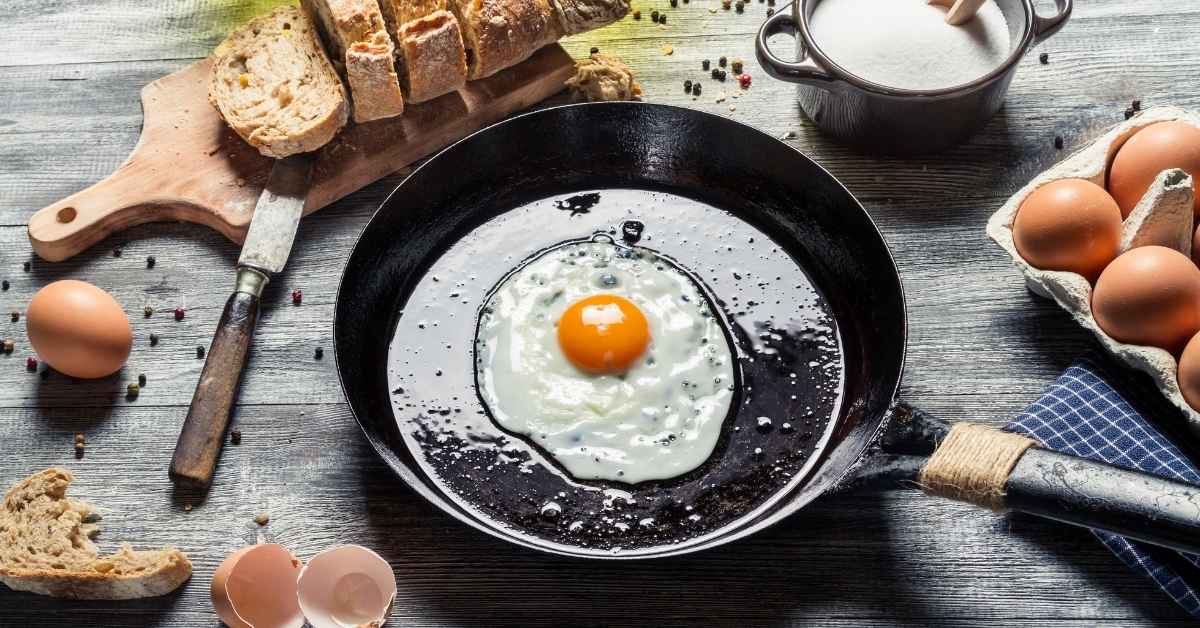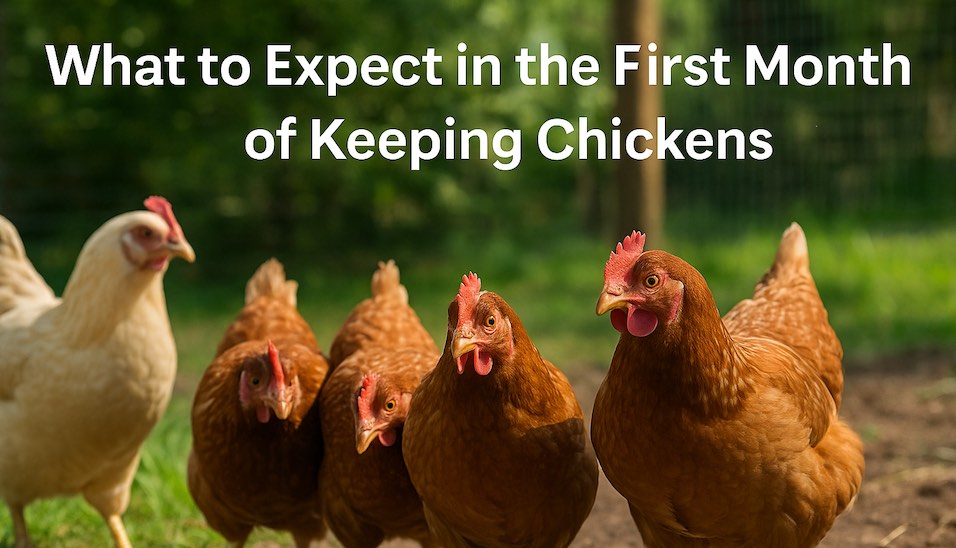Egg-Binding - Ultimate Guide to problem laying
Egg-Binding - Ultimate Guide to problem laying
Egg binding is a potential serious egg laying problem that many hens can face. While egg laying may seem straight forward, for some hens, it does not always go smoothly. Egg binding occurs when an egg traveling down the oviduct gets stuck. Below we discuss not only how to recognise if you hen is egg-bound but also how to treat and prevent problems with egg laying.
Please note, that as Egg-Binding is a possible fatal condition for your chicken it is a good idea to learn about the symptoms even if you have a perfectly healthy hen.
What you will learn from this article:
What causes Egg Binding?
There are a few reasons why egg binding occurs in backyard hens; the most primary culprit comes down to a deficiency in the diet. An understanding of the causes can help to prevent the egg from getting stuck in your hens cloaca or further up in the oviduct
- Calcium deficiency - Nutritional and importantly calcium deficiency in chooks can cause egg binding. Also, obesity (overweight) chickens tend to more commonly get occurrences of egg-binding.
- Incomplete diet - Seed and grain mix even with added vitamin and mineral powders do not give chickens a balanced diet. As such your birds will become deficient in the nutrients they may need. Switch to a complete feed such as pellets or mash which less the likelihood of selective feeding. Also use a Vitamin and Mineral Supplement.
- Vitamin D deficiency - can result in osteoporosis in laying hens as well as normal absorption of calcium
- Internal Infection - If your hen has developed an infection in the oviduct internally.
- Early laying - If your pullet is laying to early before the body is developed fully.
- The hen is holding the egg in - If a hen feels there is nowhere safe to lay her egg she may hold back from laying.
- Size and Shape of egg - if your hen produces eggs that are too large or shaped oddly
- Lack of exercise - lack of muscle development combined with obesity
- Age and illness - it is commonly seen older birds, as well as sick birds, find themselves egg-bound.
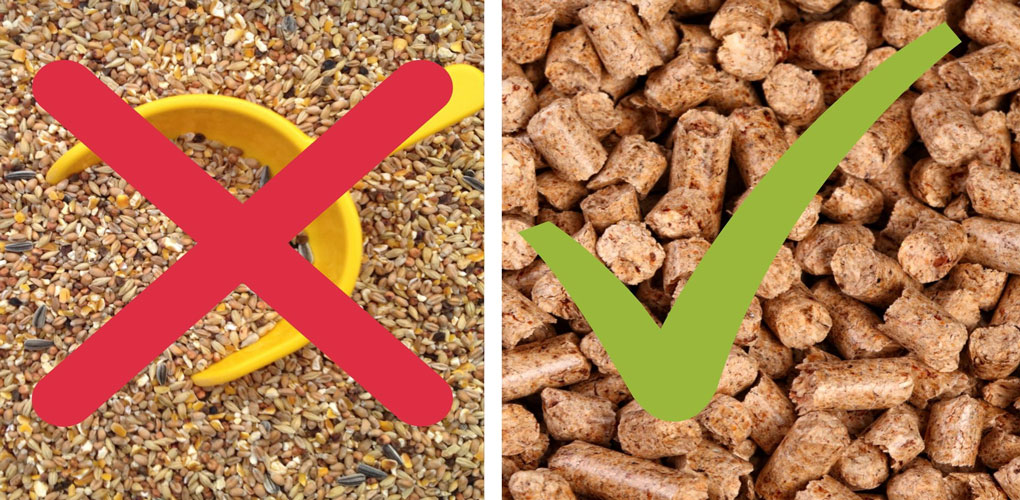
Image: Less seed and grain mix - More nutrient rich complete pellet and mash feed
Signs and Symptoms:
Although a number of health conditions in chickens can sport similar symptoms, egg-binding is one which is relatively easy to recognise.
When egg-binding in a chicken occurs, the chicken can be referred to as an egg-bound chicken. It is important as a backyard chicken keeper that you monitor your flock and know the causes as you may be able to resolve the issue quite quickly. Even though chickens can not tell us what's wrong, if you know the causes you may be able to get a better handle on what exactly you are dealing with.
If your hen is chronically egg-bound it can die within 2 days, so knowing these signs is of critical importance to any backyard chicken keeper.
Watch out for any of these typical signs:
- Abdominal straining
- Wet droppings uncharacteristically large
- No droppings due to restriction internally
- Loss of appetite
- Has little interest in drinking fluids
- malnutrition
- walking oddly
- sitting, fluffed out on the ground
To help in diagnosing whether your chicken is egg-bound, carefully feel around the hens vent and abdominal area. If you feel an egg inside then you should follow the next steps to treat your egg-bound chook.
Once diagnosed, you should treat an egg-bound chicken with urgency. As previously mentioned, egg-binding can lead to death within as little as 48hrs.
Treatment
How to treat an egg-bound chicken
- Administer Calcium
You should give your chicken calcium in liquid form through their drinking water. This can come in the form of a Vitamin and Mineral Supplement or electrolytes with calcium.
- Bathe in warm water
Give your chook a warm relaxing bath in lukewarm water for 15 minutes. Some online vets recommend this treatment as it relaxes the bird and the internal muscles.
- Persistent problem
For some hens, egg-binding is a persistent problem. In such cases spaying the hen may be the only permanent solution.
- Go to the Vet
If your added calcium supplement and also bathing technique has achieved no movement it is now paramount to go to the vet. Your vet is likely to give the hen calcium injections to soften the egg shell.
- Relax the muscles even more.
Use olive oil to gently massage the muscles in the abdomen. Do not press hard or you can end up inadvertently breaking the egg which can be fatal. Applying a lubricant such as KY Jelly to the vent may also assist.
Preventing Egg-binding in chickens
- Regularly use a Vitamin and Mineral Supplement for Chickens
- Use a complete feed such as pellet or mash
- Avoid feeds such as scratch grain or seed mix which can lead to malnutrition
- Feed your chickens nutrient-rich greens such as broccoli, turnip greens, bok choy, cabbage, parsley and kale.
- Ensure your chickens are getting natural sunlight to avoid Vitamin D deficiency
- As mentioned in some cases the hen will hold the egg. If this is the cause of the egg-binding, you should make certain you have enough nesting boxes in the chicken coop. You should allow 1 nesting box for 4 chickens.
- Make every effort to provide a stress free, private environment for your chickens to lay eggs. Do not have the coop overcrowded.
- Prevent younger hens from too much exposure to artificial light. Too much artificial light can cause younger hens to commence laying before their body is ready to do so.
- Always include free access to shell grit as part of your chickens' diet
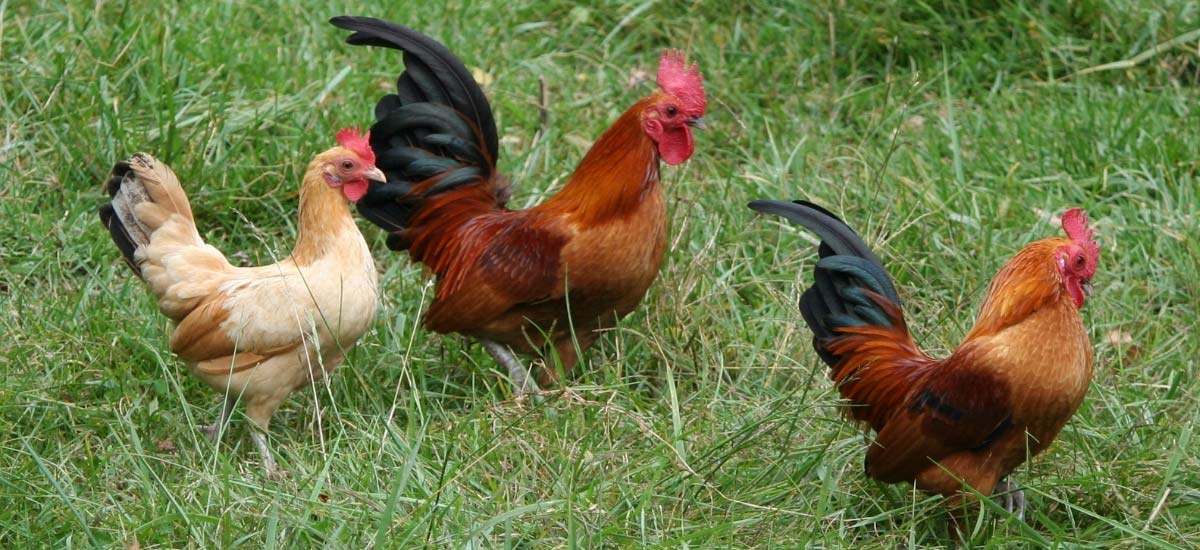
Image: Exercise is very important to support good muscle development in chickens
We recommend reading other Dine A Chook related articles:


